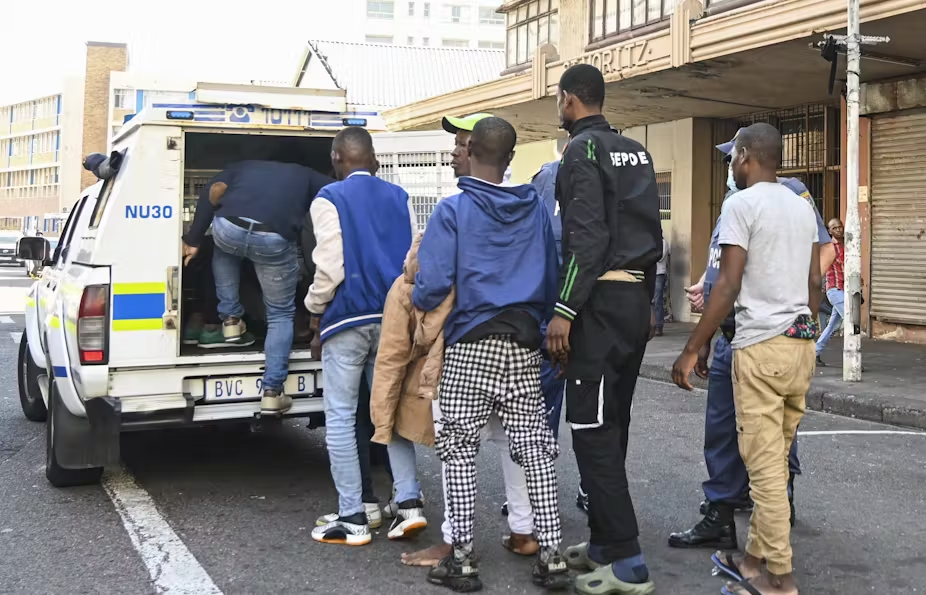
According to recent survey data from Numbeo, a global platform tracking user-contributed information on safety and crime, the Crime Index, based on ratings by citizens, expatriates, and visitors, provides a comparative assessment of safety across African cities and countries.
The index incorporates responses on general crime perceptions, safety during daytime and nighttime, and concerns over property crimes, violent offenses, and harassment or bias-motivated incidents.
While not a replacement for official statistics, the Crime Index offers valuable insights into public perceptions of safety, which can influence business decisions, travel planning, and everyday routines.
These countries fall into the “High Crime” category, with Crime Index scores exceeding 60, signalling ongoing safety concerns.
Perceptions of Safety Across Africa
In South Africa, residents report concerns over violent crime, street assaults, and property theft, prompting some to avoid walking alone at night. Nigeria faces kidnappings, especially in northern regions, while urban centres contend with robbery, cult-related violence, and armed attacks.
Similarly, Angola struggles with armed robberies, urban crime, and a rising perception of insecurity in major cities. Libya continues to grapple with human trafficking, organized crime, and civil unrest, all contributing to low perceived safety.
Security Challenges in Other African Nations
Other nations across the continent also show significant security challenges. In Cameroon, urban centres face frequent street crime, armed robberies, and politically motivated violence. Namibia is grappling with rising property crimes and occasional violent incidents in major cities.
The Democratic Republic of the Congo contends with armed group activity and localized violence, particularly in eastern regions. Zimbabwe experiences theft, burglary, and sporadic political unrest that influence public perception.
Somalia remains affected by insurgency-related attacks, piracy, and civilian-targeted violence. Mozambique continues to deal with armed banditry and regional conflict in certain provinces, heightening safety concerns for residents and visitors alike.
Businesses operating in these countries are increasingly factoring in additional security measures when expanding into urban areas. Tourism is also affected, as high perceived crime can discourage travel and investment despite official assurances of safety.












